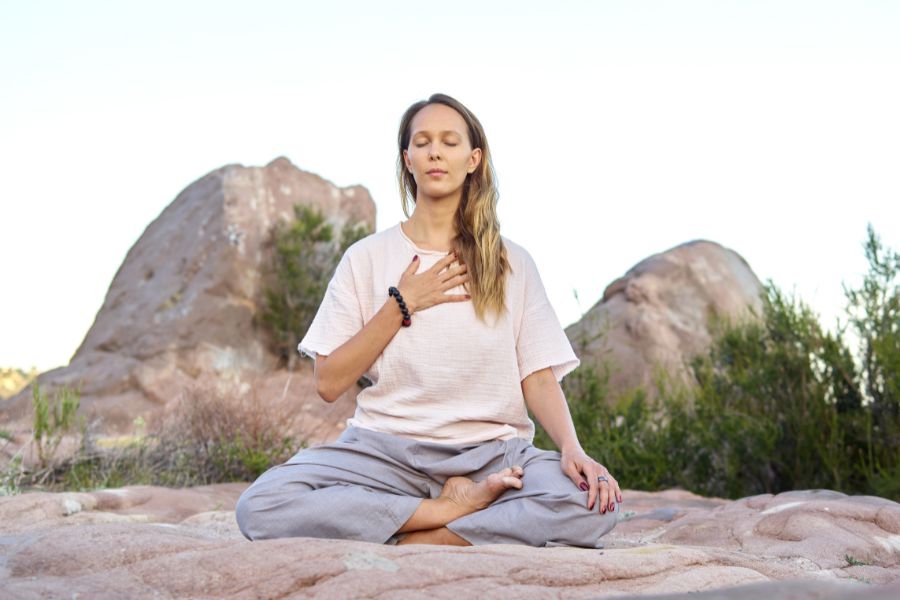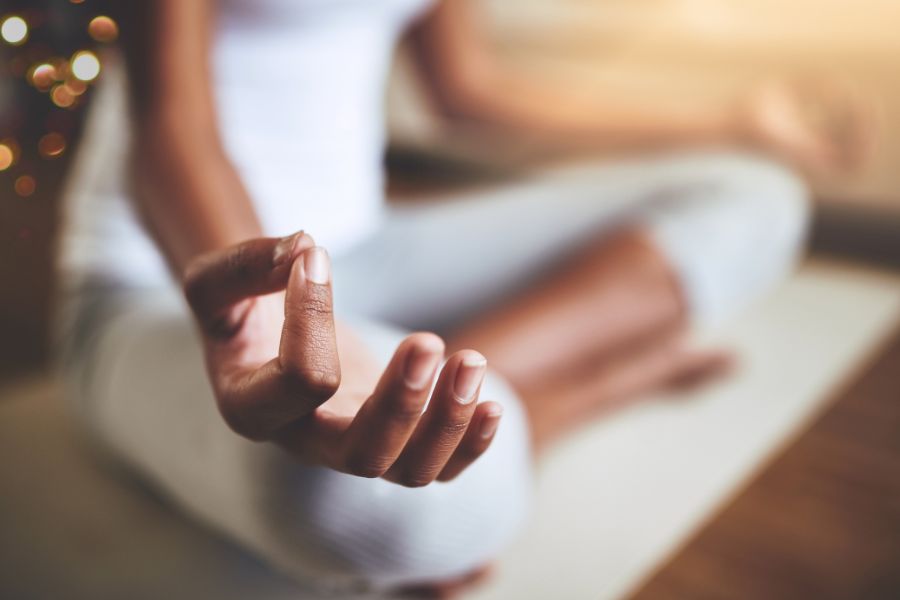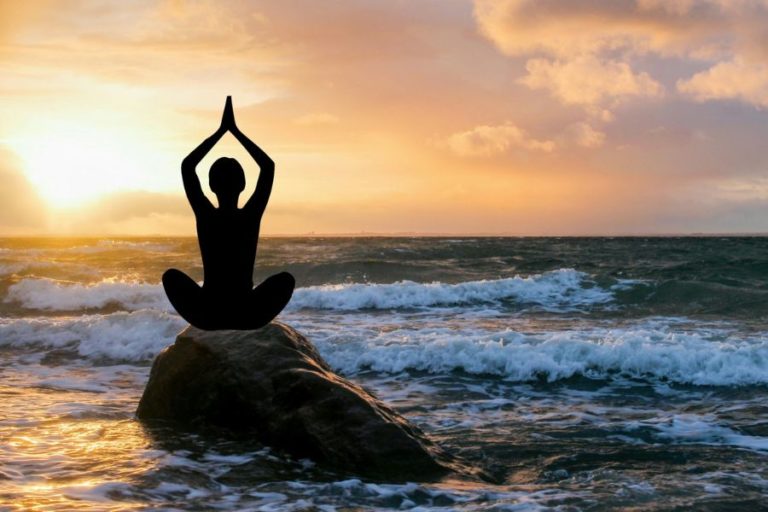In everyday life, mindfulness invites us to experience the present moment and be present without judgment. There are several techniques that we can learn and practice to relax and/or activate our body, mind, and spirit. We often associate meditation with sitting or lying down, attempting to clear the mind. However, I want to assure you that there are many other ways to practice mindfulness, and participants are always positively impressed with the activities we do because they truly work.
Nur Garriga
Coach, Therapist, Facilitator, Trainer, and
Consultant in NLP and Healer with Shamanic Healing
Mindfulness, or mindful attention, can be a transformative practice when incorporated into your daily life, bringing benefits in both personal and professional areas. In today’s article, we want to offer you some of the many ways to integrate this practice into your daily life.
Meditation adapted to your needs

Brief Meditation:
Find a few minutes each day for a short meditation. Focus on nasal breathing whenever possible, observe thoughts without judgment, and enjoy the present moment.
Mindful Attention in Daily Tasks:
During daily tasks, such as eating or cleaning, practice mindful attention. Pay attention to details, smells, and flavors without letting the mind wander.
Conscious Breathing:
In moments of stress or anxiety, take a pause and focus on breathing. Inhaling and exhaling consciously will help you center and relax.
Observation of Thoughts:
Observe your thoughts without identifying with them. This practice can help you maintain an equanimous perspective in the face of personal and professional challenges.
Workplace Stress Management:
Apply mindfulness at work through short breaks to breathe deeply, focus on the current task, and manage your reactions to stressful situations.
Conscious Communication:
In personal and work interactions, practice conscious communication. Listen actively, pay attention to body language, and respond with clarity and empathy.

Acceptance of Uncertainty:
Mindfulness can help you accept uncertainty and stay calm in the face of unexpected changes, both in personal and professional life.
Establishment of Conscious Goals:
When setting personal or professional goals, do so with full awareness. Connect with your motivations and live through the process, not just the end result.
Reduction of Reactivity:
By practicing mindfulness, you can reduce reactivity to challenging situations, allowing you to respond in a calmer and more thoughtful manner.
Cultivating Resilience:
Mindfulness can contribute to emotional resilience, helping you overcome obstacles with a more positive and adaptive mindset.

Healing and Lasting Benefits
Integrating mindfulness into your daily routine can provide lasting benefits to your personal well-being and work efficiency. Take advantage of this practice to connect with the present moment and improve your quality of life.



